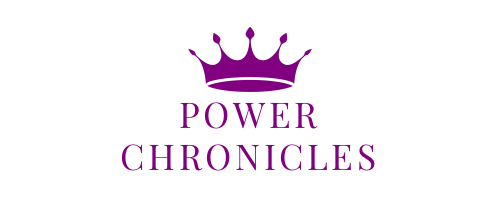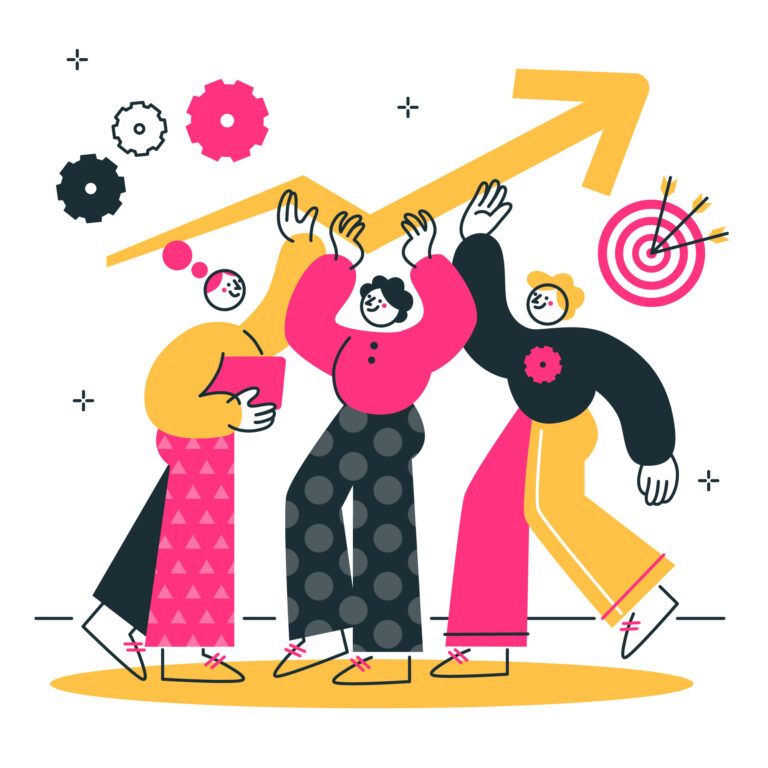Have You Ever Felt Like a Fraud?
It’s that sinking feeling: you achieve something, but instead of celebrating, your mind races with doubts. Did I really earn this? Maybe it was just luck. Maybe they’ll realize I’m not good enough.
I’ve been there too—many times. Imposter syndrome isn’t just about doubting your success; it’s about constantly questioning your worth, even when the evidence is right in front of you. And the worst part? It keeps you from speaking up, from seizing opportunities, from fully embracing your potential.
I vividly remember hearing this somewhere: “When a man gets promoted, he’ll say, ‘Yes, I deserved this,’ but when a woman does, she’s more likely to credit her team, her manager, the project, or even her family.” It struck me because it’s so true—and I’ve seen it play out in my own life.
There were times I didn’t speak up, afraid I’d say the wrong thing. I’d sit quietly in meetings, thinking, These people know better. What if I’m wrong? Looking back, I realize I lost out on so many opportunities—not because I wasn’t capable, but because I let self-doubt hold me back.
The Truth About Imposter Syndrome
Here’s the thing: you’re not alone. Statistically, 70% of people experience imposter syndrome at some point in their lives. It doesn’t matter how successful or capable you are—this feeling can sneak in and convince you that you’re somehow a fraud.
It’s especially common in environments where you feel like an outsider, whether that’s as a woman in a male-dominated field, as someone new to a role, or when you’re surrounded by people you admire. And while it’s comforting to know so many of us feel this way, it’s also a sign that something needs to change.
How Do You Break Free?
Overcoming imposter syndrome isn’t about magically banishing self-doubt—it’s about learning to quiet that inner critic and trust yourself. Here’s what has helped me:
- Recognize the Pattern
- The next time you achieve something, pay attention to how you react. Are you downplaying your role? Giving all the credit to others? Start acknowledging your own contributions—you earned it.
- Challenge the Thoughts
- When that voice in your head says, Maybe I’m wrong, ask yourself: What evidence do I have to support this? More often than not, you’ll realize it’s just fear talking, not facts.
- Talk About It
- One of the most powerful things I’ve done is share my feelings with others. You’d be surprised how many people, even those who seem confident, feel the same way. It’s a reminder that imposter syndrome doesn’t define you—it’s just a feeling, and feelings can change.
- Start Small, Speak Up
- It’s scary at first, but try speaking up in a meeting, sharing an idea, or asking for what you deserve. Each time you do, you’ll prove to yourself that your voice matters.
- Celebrate Your Wins
- Keep track of your accomplishments—big and small. When you’re feeling doubtful, look back at that list. It’s concrete proof of your skills, hard work, and success.
What Happens When You Let Go of Imposter Syndrome?
When you stop letting doubt run the show, you open yourself up to a world of possibilities. You take more risks, you go for opportunities you once thought were out of reach, and you step into your power.
For me, overcoming imposter syndrome has been a journey. I’m still learning to trust myself, to take credit for my wins, and to speak up even when it feels uncomfortable. But every small step has brought me closer to the person I want to be—confident, capable, and unapologetically me.
Want to Learn More?
If this resonates with you, here are some great resources to dive deeper::
- Books
- The Secret Thoughts of Successful Women by Valerie Young
- Daring Greatly by Brené Brown
- Mindset: The New Psychology of Success by Carol S. Dweck
- TED Talk: “Do You Have Imposter Syndrome?” by Dr. Valerie Young
- Articles: Harvard Business Review: “Overcoming Imposter Syndrome”
Your Turn: Let’s Start the Conversation
Imposter syndrome holds so many of us back—but what if it didn’t? What opportunities would you have pursued if you hadn’t doubted yourself?
I’d love to hear your thoughts: What is your “could have been” story? Let’s talk about it and support each other in overcoming the barriers that hold us back.








